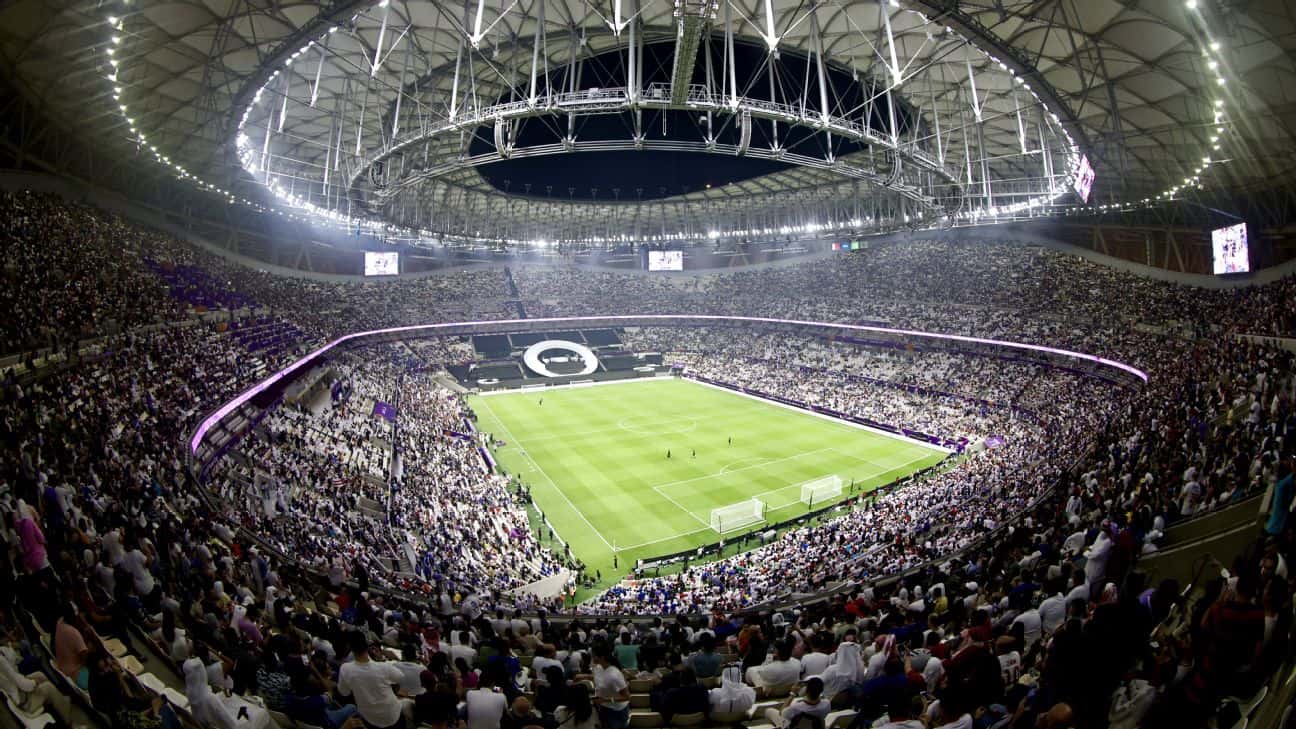DOHA, Qatar — After years of worldwide crises—from the Covid-19 pandemic and the attendant economic and health degradation in many nations to global inflation and geopolitical tensions in Asia and Europe—the globe is anxiously awaiting the commencement of the 2022 FIFA World Cup, which will be held in Qatar.
Qatar has spent years preparing as the first country in the Middle East to host this event. This will be a significant factor in attracting global investments to the region and an excellent motivation for GCC governments to diversify their economic sources and reduce their dependence on oil revenues. So what financial toll has this global outrage taken on Qatar, and how have other Gulf states benefited?
Qatar will have a significant financial outlay as they host the 2022 FIFA World Cup. However, work continues, and the government will reveal the entire cost and budget later.
Regarding the revenues, the event’s contribution will be 72 to 73 bn Qatari Riyals (more than US$ 19.5 bn), which is around 11 percent of Qatar’s GDP in 2019, says Paulina Zalewska Dzieciuchowicz, Country Manager at PRO Partner Group Qatar Office.
Qatar anticipates receiving between 1.2 and 1.5 million tourists, although accommodating such a large influx of people could provide a variety of difficulties given the country’s relatively modest size. Hotels, condominiums, cruise ship cabins, and even desert camps have all stepped up to accommodate the overflow. In addition, many businesses here are branching out to supply things like boats and penthouse suites for the wealthy.
In an interview with TRENDS, Dzieciuchowicz clarified that neighboring countries, like UAE, Saudi, and Bahrain, can also assist in the accommodation challenge. She added: “Some tourists will stay in these countries instead of coming to Qatar; they will come for the event only and then go back.”
Simultaneously, Hamad International Airport will, for the first time, receive roughly 1300 flights daily, causing traffic congestion and crowd control issues across the country.
Alcoholic drinks
For the first time, the World Cup will be played in the Middle East and in a Muslim country where alcohol consumption is frowned upon by the local religion.
Dzieciuchowicz expressed concern for travelers, noting that it is possible that alcoholic beverages may not be readily available.
The organizers of the World Cup in Qatar confirmed that it will be allowed to serve alcoholic drinks “in specific places within the facilities of the tournament.”
It has been revealed that an area in Doha, the capital, will be set aside for supporters, with enough room for around 40,000 people, where fans will be able to purchase alcoholic beverages there.
It has not yet been confirmed whether this will be allowed in the lobby or the stadium’s courtyards. But there are reports that ticket holders will be allowed to purchase alcohol three hours before kickoffs and one hour after matches, rather than during the game.
Benefits
Until recently, Qatar has received 40 million requests for tickets to attend the World Cup and has already sold 2.45 million tickets. In addition, Dzieciuchowicz mentioned many local sectors would benefit from this event, like real estate, infrastructure, construction, customer service, hospitality transportation, and many more.
Dzieciuchowicz explained to TRENDS, “this international event will shed light on Qatari talents and skills, which will encourage global investments in Qatar and other GCC countries.” In addition, this will encourage tourists to visit GCC countries in the future after the World Cup event.
The World Cup was brought forward to start on Sunday, November 20, when Qatar plays Ecuador, and the event will continue until December 18, 2022.
Seven Stadiums were built for the event; in total, eight will be hosting it; Lusail Iconic Stadium is the most prominent, and the rest are: Khalifa International, Al Janoub, Education City, Ahmed Bin Ali, Al Thumama, Al Bait, and 974.
Fans holding a “Haya” card can take advantage of complimentary transportation services on modern public transportation across Qatar from November 11 to December 23, 2022.
After the end of the tournament, about 170,000 seats will be dismantled to give developing countries assistance from Qatar to improve the sports infrastructure of those countries.

